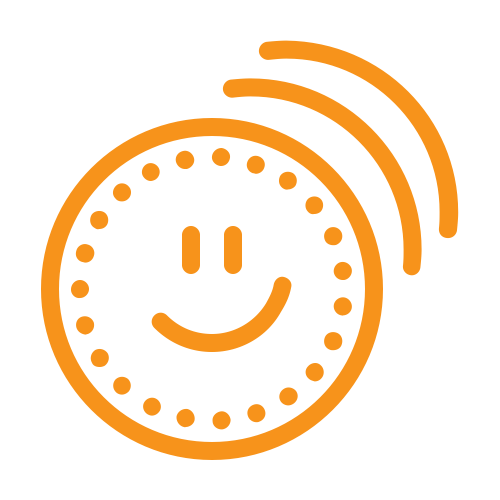New On-Chain Governance Empowers ADA Holders and Decentralizes Control
Cardano, a prominent layer-1 blockchain platform, has officially launched its much-anticipated “Chang” upgrade, marking a significant step towards decentralized governance. The upgrade, which went live on Sunday, enables holders of Cardano’s native cryptocurrency, ADA, to directly influence the future direction of the blockchain by participating in governance decisions.
The Chang hard fork is built around CIP-1694, a Cardano Improvement Proposal that introduces a new governance structure for the network. This structure establishes three key bodies: the Constitutional Committee, Delegate Representatives (dReps), and Stake Pool Operators (SPOs). Together, these groups will now have the authority to oversee and implement changes to the blockchain, replacing the previous model where control was largely held by Cardano’s founding entities—Cardano Foundation, Input Output Global (IOHK), and Emurgo.
The shift towards decentralized governance brings Cardano in line with a growing trend among blockchain platforms to enhance user participation and distribute control. This move is seen as a crucial step in Cardano’s evolution and a potential strategy to enhance the utility of ADA in the face of regulatory scrutiny.
The Chang upgrade is being rolled out in two phases. The first phase, currently in effect, introduces an Interim Constitutional Committee that temporarily oversees governance, with its powers deliberately restricted to avoid significant alterations to the blockchain’s code during this transitional period. The second phase, expected to be implemented within 90 days, will fully empower the new governance bodies, allowing for more active participation by the community.
This upgrade marks the beginning of the Voltaire era in Cardano’s roadmap, which focuses on achieving full decentralization. Giorgio Zinetti, Chief Technology Officer of the Cardano Foundation, emphasized the significance of the upgrade in an interview, calling it “the biggest event in Cardano history.” He noted that Cardano is now positioned as a leader among layer-1 blockchains with on-chain governance, setting it apart from smaller platforms like Tezos and Polkadot.
As Cardano continues to develop its decentralized governance model, the platform’s community and stakeholders will play a critical role in shaping its future, further aligning the project with the decentralized principles that underpin the broader blockchain industry.
You might also be interested in reading I’m Tired Boss.


